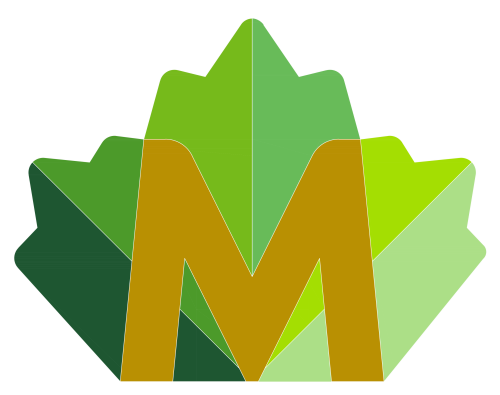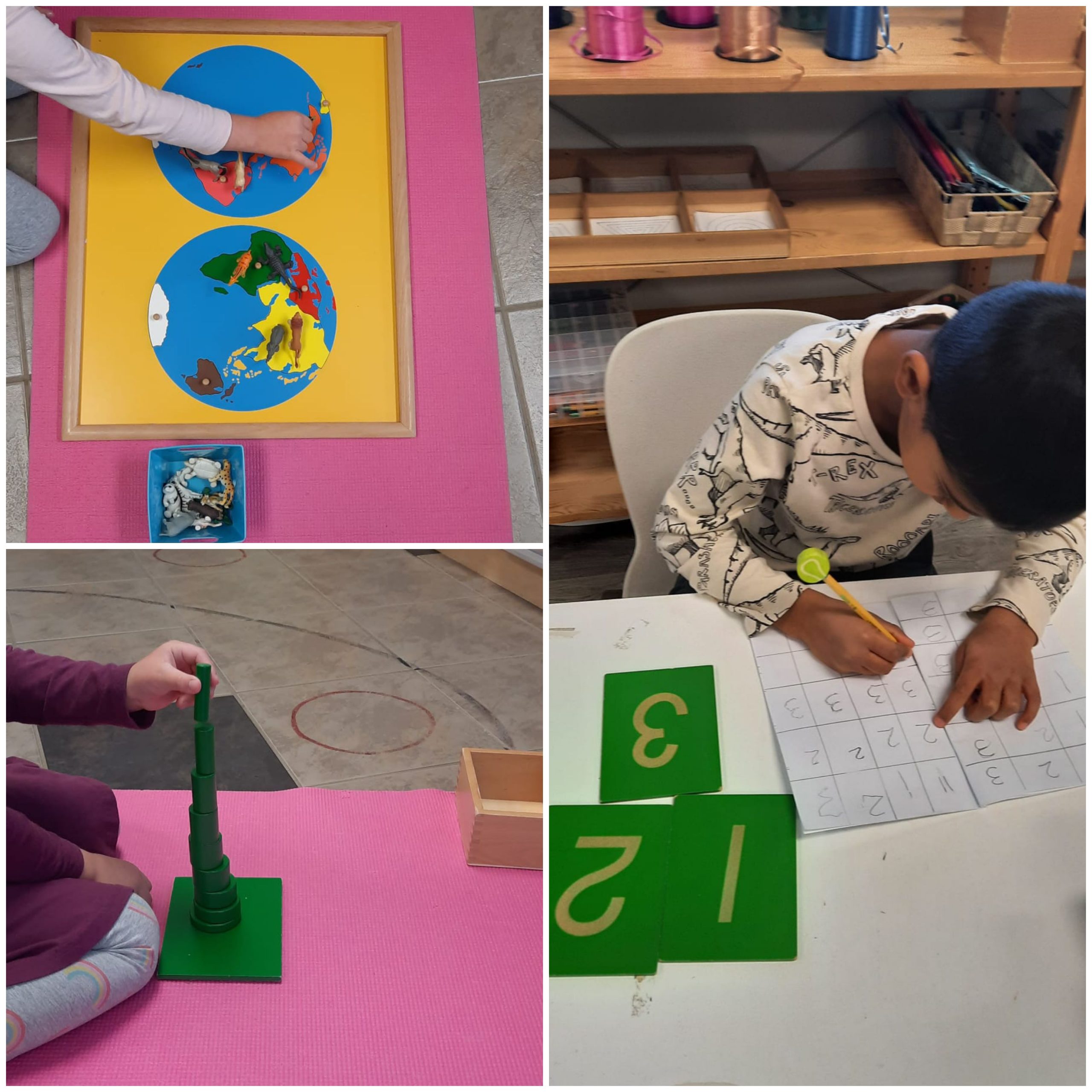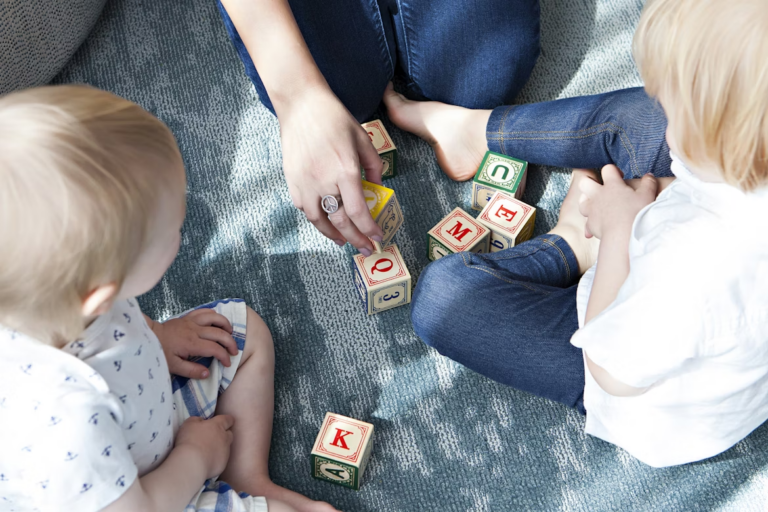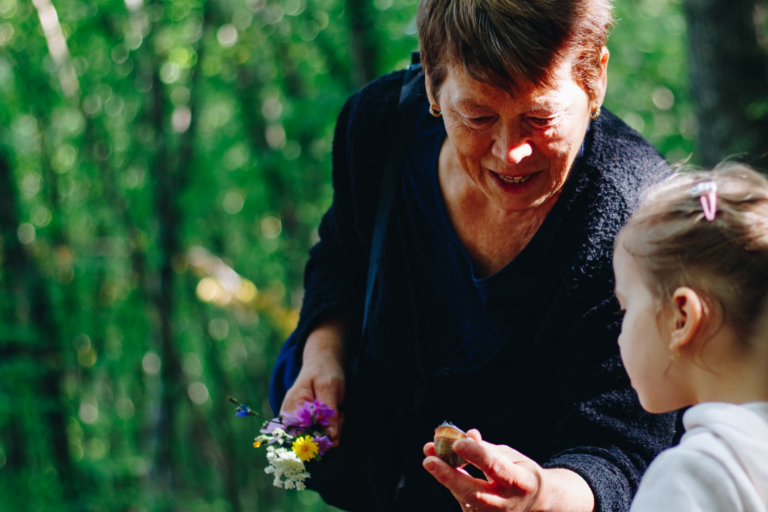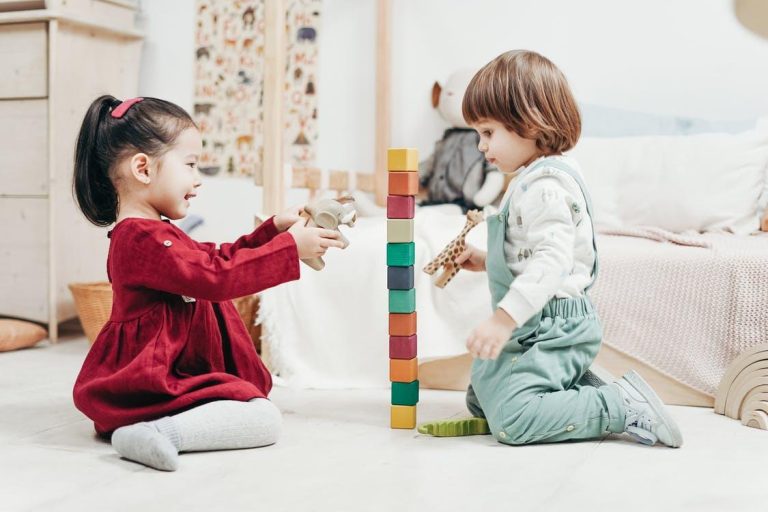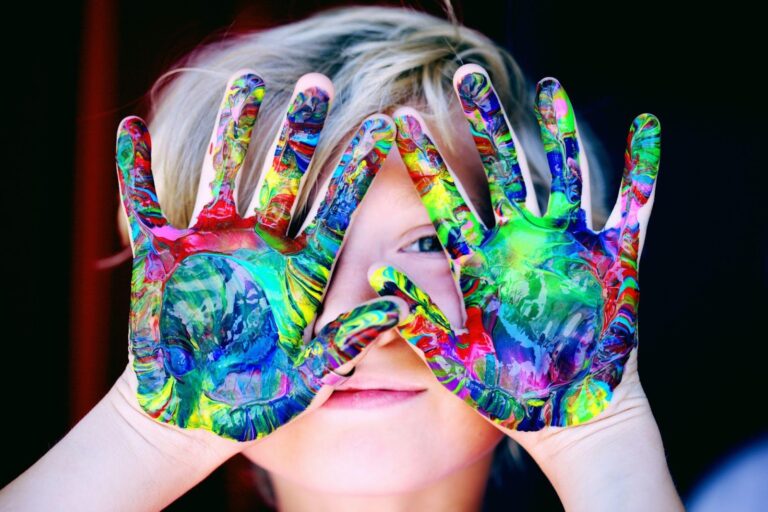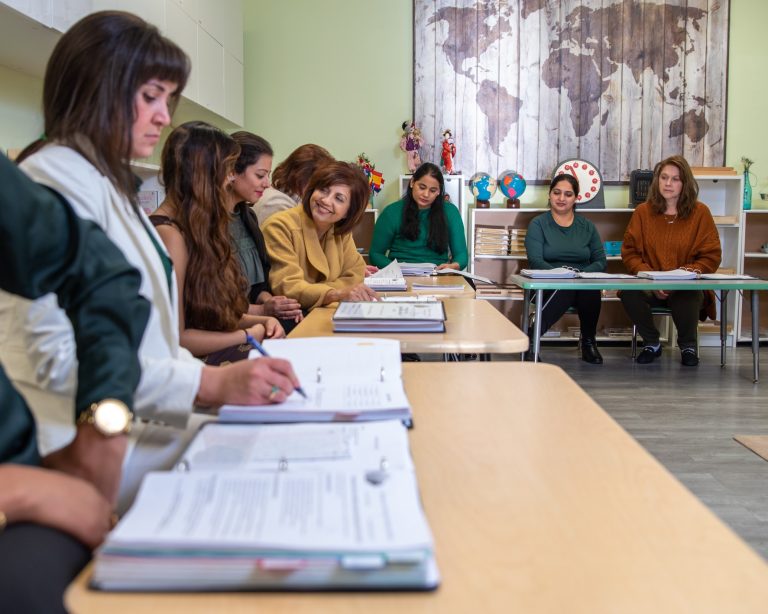An Introduction To Early Childhood Montessori Teacher Training
Are you a parent looking to bridge the gap between your child’s learning at school and their home life? Do you want to help your children develop intellectually through learning with real-life experiences?
Or perhaps, you’re an Early Childhood Educator looking to become a certified Montessori teacher.
Montessori education helps the child learn and explore the world on their own through hands-on learning and observation by the facilitator. Here at the Montessori Professional Training Canada Inc., we train adults to respond to children and meet and serve their needs. We focus on seeing the child through their eyes and guiding them accordingly.
As a Montessori facilitator, you’ll learn how to guide children to learn hands-on and experience real learning through interaction. If you’re looking into Montessori teacher training, you’ll need to start by learning the basics of Montessori education. Keep reading for your introduction to Montessori education.
What Is Montessori Education?
Montessori education first came to be in 1907, when Doctor Maria Montessori developed an innovative curriculum that followed how children learn naturally. Of course, this new and holistic approach to learning was not well-accepted in the early 20th century.
During that time, children were to be “seen and not heard”, which is an ideal that was carried forth for too long. As time has progressed, and we came to learn more about the developing brain, it has come to light that Montessori education is more beneficial than anyone originally thought.
Here’s just one example: being taught something does not deliver the confidence that learning on your own does. In Montessori, children learn on their own and have the respect and freedom to make decisions, which, in time, helps a child to grow into a self-sufficient adult.
What Are The Differences Between Mainstream Education and Montessori?
Montessori education is not like mainstream preschools or kindergarten. We’ve already discussed the motivation and self-confidence that comes out of Montessori, but here are some other big differences between mainstream and Montessori education.
- Montessori education follows the belief that children can learn the value of respect for everything and everyone from a very young age.
- In mainstream education, a child is taught, but in Montessori education, they are guided based on their own interests and developmental needs.
- There is a structured delivery of curriculum in mainstream education that all students must follow. In Montessori, the curriculum is delivered individually by observing each child’s natural abilities and interests.
- Montessori classrooms are equipped to engage all five senses, while mainstream classrooms can overstimulate a child’s mind in one particular aspect of their development.
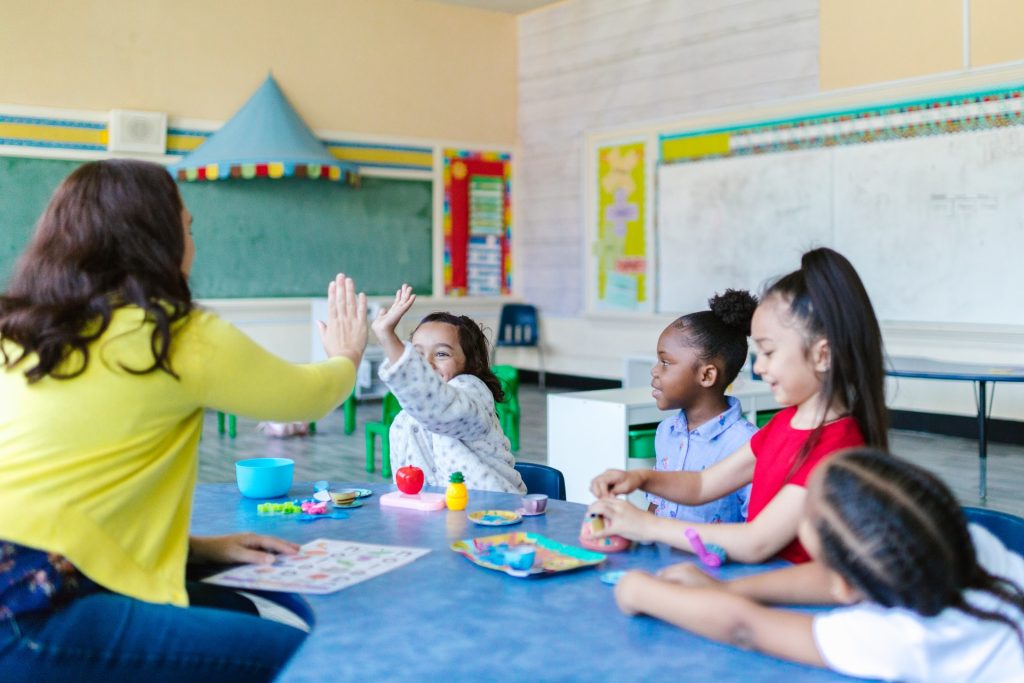
Principles of Montessori Education
Over 100 years ago, Montessori education was founded on 5 main principles. To help you prepare for your Montessori teacher training, let’s learn more about the five philosophies behind Montessori education
1) Respecting the Child:
Respect for children is unfortunately rare in regular classrooms. When mainstream educators first hear the respect concept, they assume that they are at a child’s mercy. Many adults still don’t fathom that a child deserves the same respect as they do.
A child can never learn from someone they don’t respect or trust. In Montessori education, this means respecting a child’s space when they’re focused on something, and also encouraging them to do things on their own and to make their own choices.
Contrary to belief, this doesn’t mean that educators let a child do whatever they want, when they want, with no discipline. It simply means building a good relationship with a child and understanding their needs so that there is mutual respect and trust.
2) A Child Has An Absorbent Mind:
A child’s mind is like a sponge, meaning that it can soak up a lot of knowledge, just by simply being themselves. Dr. Montessori believed that just by being alive, children soak up a lot of important information.
This founding piece of Montessori education revolves around the fact that a child picks up and learns things without even being told. Instead, it happens naturally, through curiosity and hands-on experiential lessons.
Different from mainstream learning, Montessori believes that a child’s surroundings are their best teachers. Surroundings are prepared and maintained to help children flourish through their own abilities.
2)The Sensitive Periods:
Montessori philosophy states that a child goes through stages of their life where they are ready to learn certain things. These periods are called sensitive periods.
When and how long these periods occur is completely individualized to each child. For some children, it could last weeks, in others, it could be months.
So, a Montessori teacher must be trained to observe and be aware of the signs that indicate a sensitive period. At this point, a child is given new things to discover on their own.
3) A Prepared Environment:
A Montessori classroom is designed specifically to prevent overstimulation. A child’s surroundings can be effective in helping to focus and stimulate the brain.
Mainstream classrooms are often filled with bright fluorescent lighting and teachers will fill the walls with educational or motivational posters. However, a Montessori classroom is designed for functionality.
Preparing an environment to encourage learning includes having neutral colors, specifically chosen artwork at eye-level with the children, and involvement of all five senses.
4) Auto-Education
Auto education means to let a child learn something for themselves. This is a very important piece in Montessori education.
Instead of directing children, a Montessori educator will observe the children and help them when needed. Then, depending on the skill a child is developing, the facilitator creates an individualized curriculum.
This creates freedom for the child, space to let them do things on their own and to use their natural curiosity to learn for themselves.
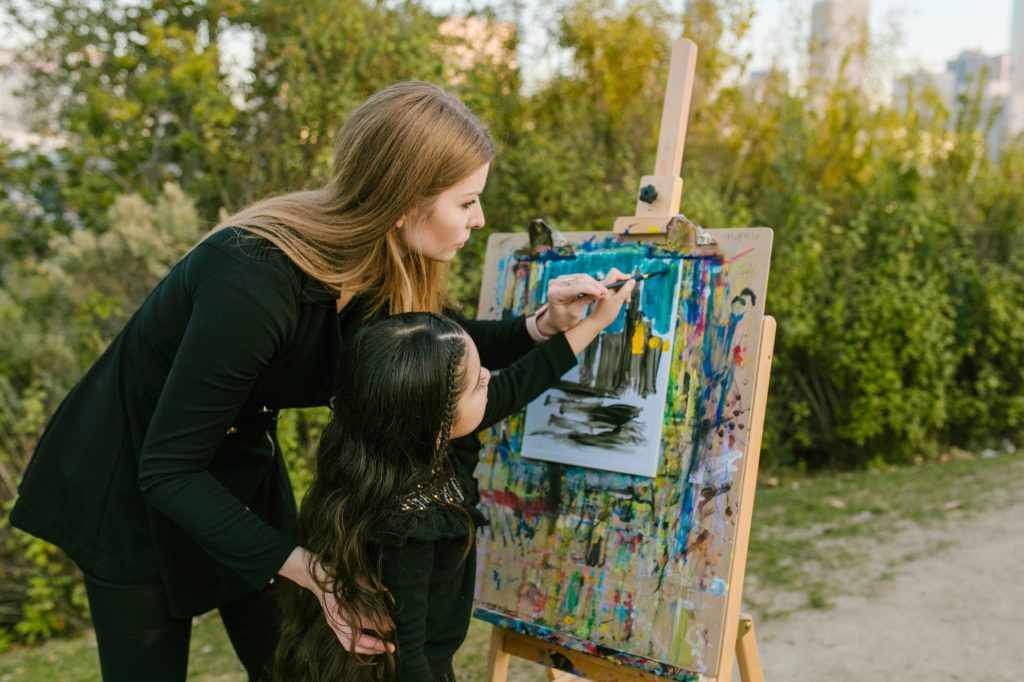
How To Pursue Montessori Teacher Training
As a Montessori educator, you will be the bridge between a child and the discovery of the world around them. You will build and maintain a relationship of respect and trust with a child to be able to guide them to be creative, resourceful, and self-sufficient.
Remember that Montessori teacher certification may be a bit of an adjustment, especially if you’ve only ever been taught using mainstream education methods.
But, luckily for you, there are a wealth of courses you can take to gain your Montessori teacher training. It’s an investment that will not only change your life but the lives of countless children too! If you’re serious about being a Montessori teacher, then you will have to seek training from an accredited source.
We offer Montessori teacher certification and parent education at the Montessori Professional Training Canada Inc. that will allow you to pursue your dreams of helping children flourish through their own talents. Contact or look us up at www.montessoriptc.com or email [email protected] today to learn more.
